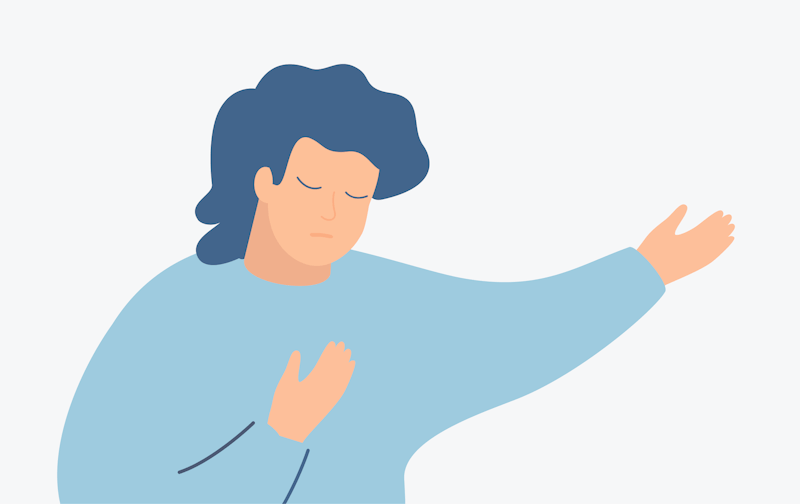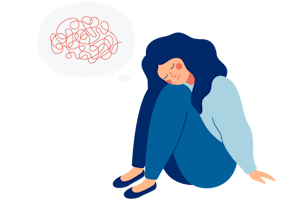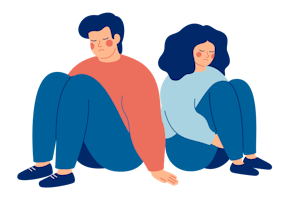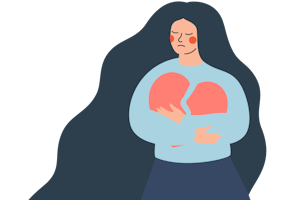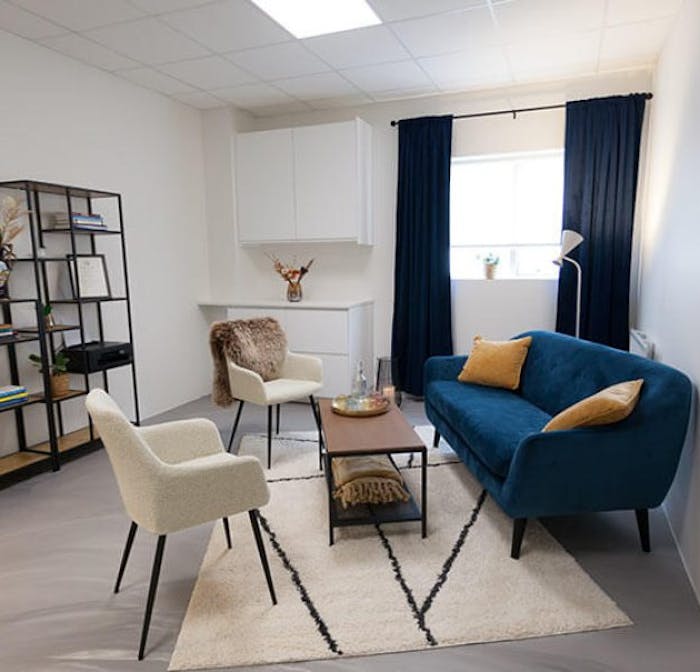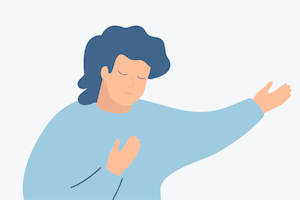What is religious abuse?
If you experience abuse in the name of your religion, it is called religious abuse. Brainwashing and scare tactics are often used to keep you thinking according to what the group’s doctrines preach.
Religious abuse is often a behavioural pattern that is repeated. Often emotional abuse is inflicted at the same time, sometimes even physical abuse or sexual abuse.
Having a religion can fulfil a certain need for purpose, security, and community. Therefore, it can be very traumatic when religion is used as an instrument of abuse. For example: if you are cast out or your relatives are forbidden from speaking to you.
The abuse can lead to disconnection from yourself, other people, and the rest of the world.
People who leave a religious or spiritual group often experience depression, anxiety, and post-traumatic stress afterwards. Therefore, it is important to get help.
